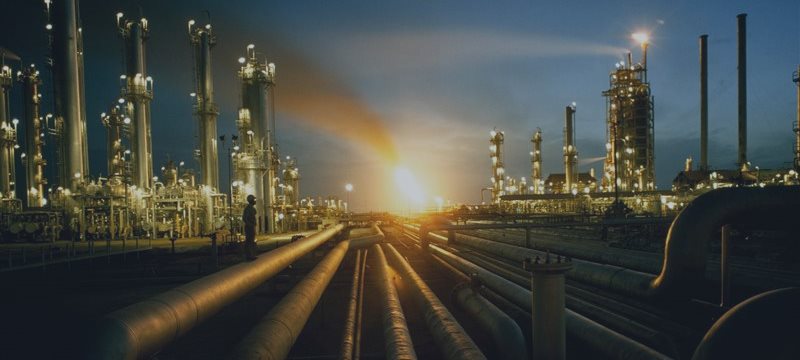According to analysts, soft global economic growth and oil surplus will limit oil prices at around $60 for the rest of this year.
"WTI oil futures will remain range bound at around $60 for the rest of 2015 and will only start trending up towards $70 a barrel heading into the end of 2016," Mizuho Research Institute senior economist Jun Inoue said in an interview with CNBC referring to weak global economic growth and no signs that oil glut recedes.
Societe Generale is also forecasting WTI futures at $60 through to the end of 2016.
Meanwhile, Capital Economics is doing similar predictions in respect of Brent projecting it will settle at $60 by the end of this year.
"Oil prices appear to be settling in a range of $60 to $70 per barrel,"
said Capital Economics on Wednesday. "We think that prices are
more likely to fall than to rise over the remainder of this year."
Oil prices saw stabilization only over the past two months after halving in mid-2014.
Ahead of Friday meeting of the Organization of Oil Exporting Countries (OPEC), ministers from some oil-producing countries such as Venezuela, Angola and Iraq have been urging for higher target of around $70-80 a barrel.
OPEC itself can hardly explicitly target a price, although it is widely
expected to maintain production quotas that are helping to keep prices
so low.
Mizuho Research Institute's Inoue noted that the oil producers may watch the market and target a higher price, which are not necessarily a reflection of their production costs.
If maintain production levels, oil prices will stay below the levels at which investments in U.S. shale production can be rebounded, analysts said. According to Mizuho's Inoue, the break-even point for the earliest share investments is gauged at around $60 a barrel and higher for later projects.
According to Barclays, Saudi Arabia is taking pains to underscore they are not targeting U.S. shale producers, rather all expensive producers.
Meanwhile, analysts consider that U.S. shale producers will cap the price for about two years, which may not last long, however.
Societe Generale commodities analyst Michael Winter said in a note on Wednesday that U.S. supply has finally stopped expanding due to the sharp cuts in upstream spending and drilling, as it has stabilized in the last three months, with declines expected soon. "This has already supported prices, and helped to set a floor."



